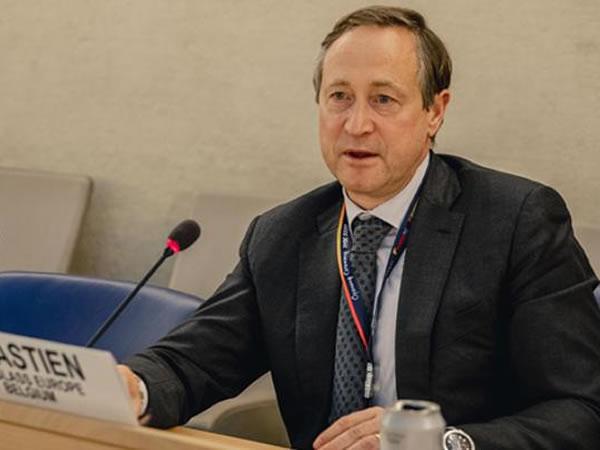
Date: 21 March 2022
Europe is now at a critical junction in shaping its energy transition, only accelerated due to the tragic events unfolding in Ukraine. Europe’s flat glass industry needs to face today’s energy crisis, and, with adequate support, will emerge stronger to support Europe’s transition towards climate neutrality.
Thirty years since the adoption of the first global agreement on tackling climate change, Europe’s transition to a sustainable, a low-carbon, circular economy is now a reality.
A reality that, we, the EU flat glass industry, believe in. Sustainability policies are central to both our sector and our investors.
Our industry is proudly on track when it comes to sustainability. Our R&D efforts mean we’re already providing the endlessly recyclable materials essential to renovate buildings, support the green mobility transition, and help increase Europe’s share of renewable solar energy.
At the same time, there’s no hiding from the fact that glass production is an energy-intensive process with resulting C02 emissions. That’s why we’ve worked tirelessly to reduce our C02 emissions by an impressive 43% per tonne of flat glass since 1990.
Despite facing higher regulatory and energy costs than our global competitors, the EU flat glass industry has been fighting hard to maintain its competitive edge.
Europe’s flat glass industry is leading in the sustainability race today, But what about tomorrow?
EU demand for flat glass will increase exponentially as Europe retrofits its buildings over the coming decades and progressively invests in solar energy.
Glass is “the hidden gem in a carbon-neutral future” according to the leading scientific journal, Nature. Not to mention that the United Nations has designated 2022 as the International Year of Glass.
Clearly, the EU flat glass sector has a key role to play tomorrow too.
Yet our industry’s ability to deliver this future value hinges on the EU’s current decisions on key legislation to help mitigate the impact of soaring energy costs and energy insecurity, boost carbon-avoiding products, and drive investments in low carbon manufacturing.
Our industry has laid out a clear, ambitious vision for 2050. We aim to slash further CO2 emissions from our manufacturing, as well as develop and roll out our novel manufacturing techniques. And we’ll achieve this while delivering the several billion Euros of industrial investments needed to meet Europe’s significantly higher future need of building glass with flat glass ‘made in Europe’.
So, what support is needed?
In the very short term, authorities must guarantee the uninterrupted supply of energy to our industry, whose continuous production process cannot be stopped without serious and lasting damage to industrial assets.
Energy costs also need to be contained, via urgently revising State-aid guidelines on the EU Emission Trading System (ETS) to compensate the flat glass sector’s indirect costs.
In short, we must do what it takes to keep Europe’s industry afloat, but we equally need to stay focused on the EU’s long-term objectives.
As a crucial part of our sector’s 2050 vision, we’ve developed a rapidly actionable, virtuous decarbonisation cycle.
This cycle starts by mainstreaming the carbon-avoiding products that we already have available. Market forces alone don’t ensure their uptake at a scale in line with EU climate objectives, especially in terms of building renovation.
I urge the European Parliament and Council to ensure that the Energy Efficiency Directive (EED) and Energy Performance of Building Directive (EPBD) help shape markets as powerful tools in delivering on climate neutrality, by:
- Supporting the European Commission‘s proposal in the EED for a revised upward energy efficiency target for 2030. Energy efficiency is indispensable for Europe to protect itself from high energy prices, energy dependence and the geopolitical insecurity we sadly witness these days.
- Ensuring the EPBD triggers the currently lacking energy-efficient renovation of buildings. Slashing buildings’ energy consumption is the primary instrument to ensure cost-effective and long-lasting CO2 emission reductions. For instance, the Directive should set the objective of phasing-out single glazing and inefficient double glazing.
Our second and third steps in the virtuous decarbonisation cycle deal with industrial competitiveness and attracting industrial investment. Transitioning to a carbon neutral economy can be a ‘green growth engine’ for enabling sectors like flat glass But we must get the Fitfor55 package right.
I urge the European Parliament and Council to design adequate competitiveness mitigation tools so hard-to-substitute, transition-enabling products like EU flat glass remain affordable to consumers and industrial investment is unlocked by:
- Ensuring that new sectors like flat glass manufacturing are not hastily introduced into the Carbon Border Adjustment Mechanism. Because of its complex value-chain, possible impacts need to be carefully assessed prior to any inclusion to avoid loopholes, risks of circumvention and the destabilisation of the entire eco-system.
- Recognising the EU Emission Trading System provisions are the flat glass industry’s only and indispensable line of defence against the risk of carbon leakage. Free allocation should remain based on realistic CO2 benchmarks without conditionality or penalty disconnected from technical or economic realities, be it audit, transformation plans or a Cross Sectoral Correction Factor. We all aim at attracting investment in low carbon manufacturing in Europe. We must avoid collateral damage on sustainability leaders like the EU flat glass sector.
- Reintroducing the exemption for mineralogical processes industries in the Energy Taxation Directive. This will help both mitigate the impacts of soaring energy costs on our industry, and ensure EU-made flat glass products remain affordable to final consumers.
We’ve all come a long way since that first landmark global agreement to tackle climate change back in 1992. We’re working towards deep reductions in energy demand for key sectors such as building and transport, with our remaining energy consumed becoming progressively carbon neutral.
The EU flat glass industry is a key enabler in this radical transformation, a sustainability leader that continues to actively tackle its own industrial challenge.
I urge European policymakers to help us trigger the EU flat glass Industry’s virtuous cycle of decarbonisation – we’re ready to play our part. With the right framework, just as we have done for the last 30 years, I am convinced that our industry will deliver.
EURACTIV is an independent pan-European media network specialised in EU affairs, established in 1999. We spark and nourish policy debates among stakeholders, including government, business and civil society. We cover policy processes upstream of decisions, summarising the issues without taking sides.
www.euractiv.com
Source: EurActiv
 600450
600450



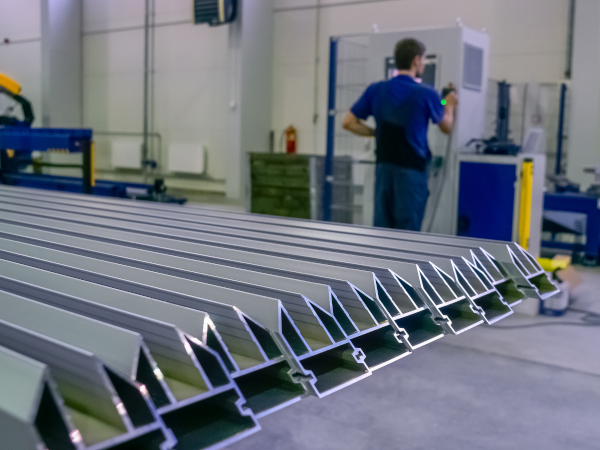
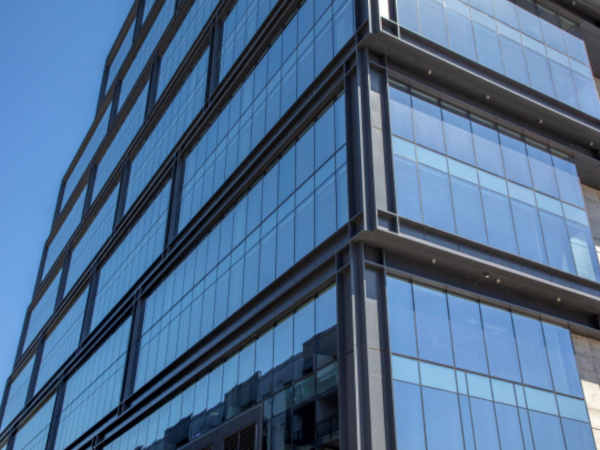
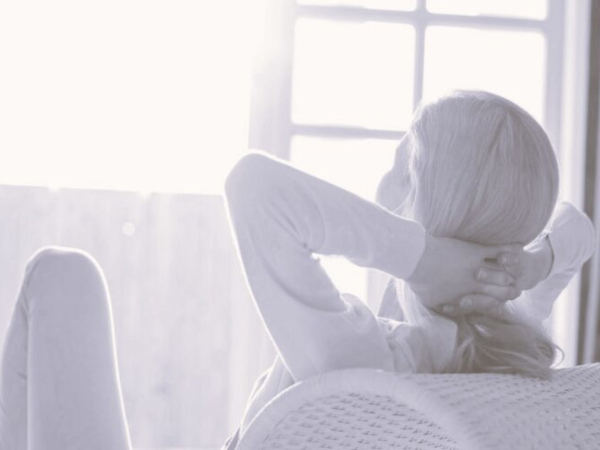
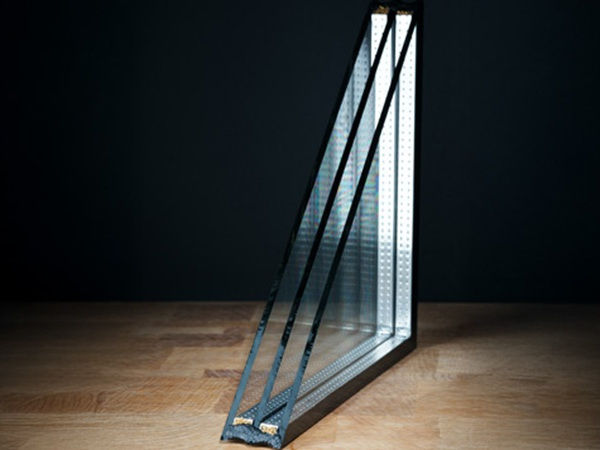


Add new comment